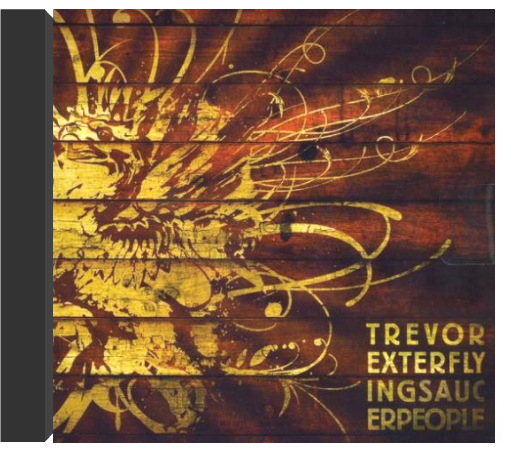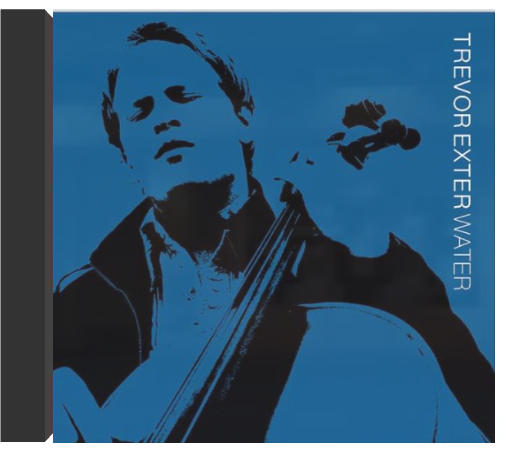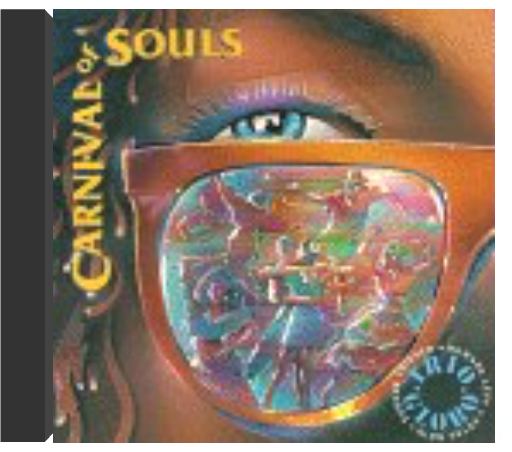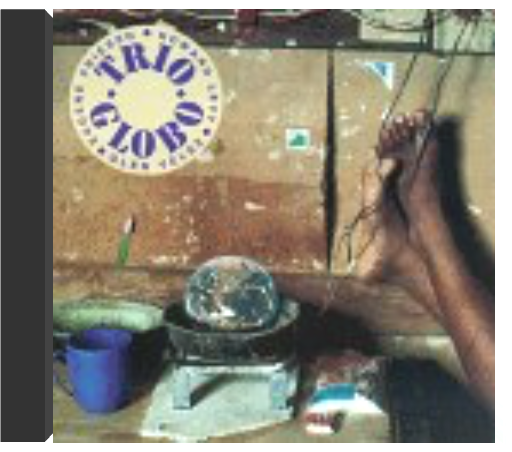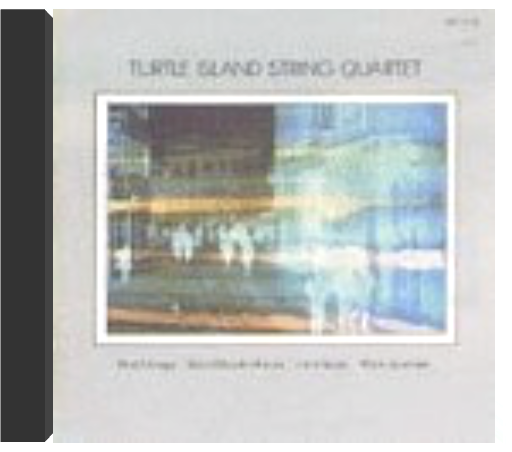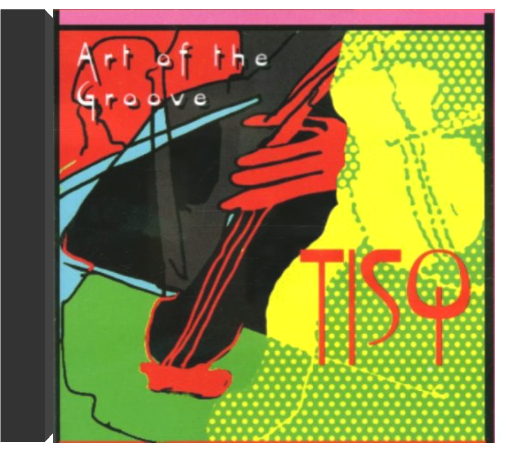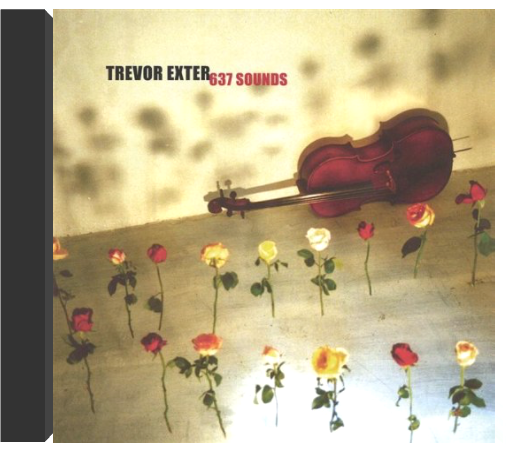 637 SoundsTrevor Exter 637 SoundsTrevor Exter Trevor's windswept voice and unusual sidekick, a beat-up cello, take you on a journey into the less-traveled corners of roots and rootlessness. He practically violates the cello as he croons, whispers and screams an imaginative repertoire of instant classics. It's a soaring trip into the unknown for a classically-weaned disco baby with a rock-n-roll soul. From Brooklyn to Berlin, Britain, Brazil, Buenos Aires and back, this runaway visits us with a sexy original sound and songs. It's proof-positive that you don't have to do what they tell you, the customer isn't always right and that "rules" are for people who don't know any better. The whispered message: unload your pride, preconceptions and any idea of the "correct". Give in to the sublime. It glides over a gently pulsing groove that's not quite bass, definitely not guitar - yet possesses a smooth resonance coveted by both. 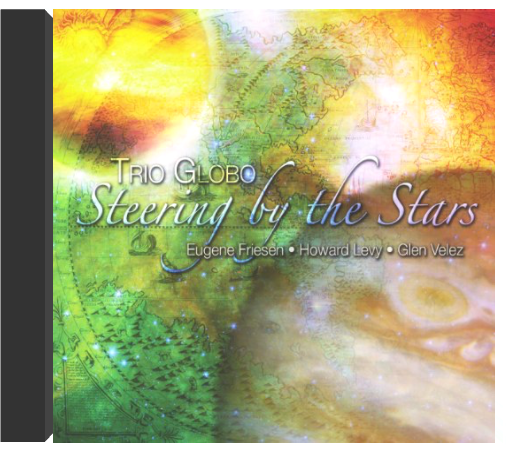 Steering by the StarsTrio Globo Steering by the StarsTrio Globo Trio Globo has crafted a totally original voice in contemporary acoustic jazz. With roots in jazz, classical and sacred music, rhythmic influences derived from travels in six continents, and a combustible spontaneity, cellist Eugene Friesen (Paul Winter Consort), pianist and master harmonica player Howard Levy (Bela Fleck and the Flecktones, Kenny Loggins, Paquito d'Rivera), and percussionist Glen Velez (Paul Winter Consort, Steve Reich) epitomize the quintessential group for the 21st century. They are true originals re-inventing their instruments in new music both personal and global. 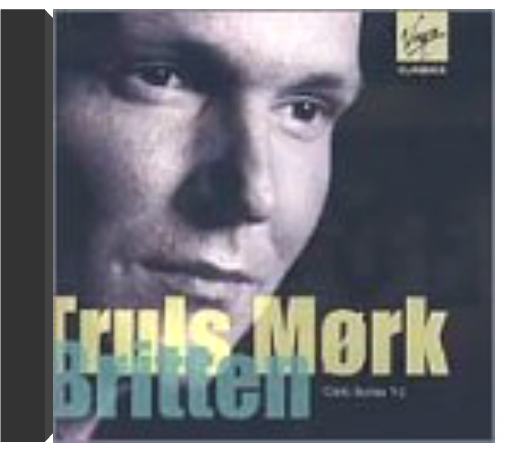 Truls Mørk ~ Britten - Cello Suites 1-3Truls Mork Truls Mørk ~ Britten - Cello Suites 1-3Truls Mork The Cello Suites are the most intimate, introspective, and, for many listeners, resistible of all the major Britten scores, and so it takes a special interpretive talent to make manifest their worth, vitality, and genius. For works of genius they surely are: austere in form but rich in thought, in much the manner of Bach's unaccompanied cello suites, which lay the ground rules for this kind of repertory. They were originally written for Rostropovich, who remains their champion of choice. But for reasons best known to himself, Rostropovich has only ever recorded the first two, leaving the field open for younger cellists to set down the complete series. Truls Mork makes his contribution with readings of stature that scrutinize the material and project it with a big, warm resonance. His playing is perhaps less energized than Rostropovich's but more elegiac, and it has all the technical accomplishment you'd expect from someone who by now must rank among the top five cellists in the world. Enormously impressive. —Michael White 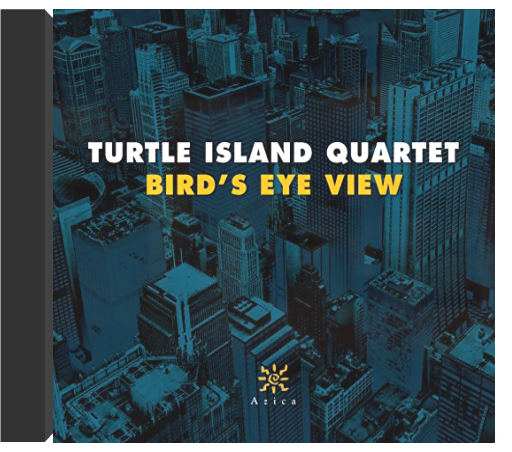 Bird's Eye ViewTurtle Island Quartet Bird's Eye ViewTurtle Island Quartet In this high flying new recording the GRAMMY® winning Turtle Island Quartet looks to draw analogy to the visionary brilliance of Charlie Parker, who took jazz from pop style into art music, with its own continuing aspirations to similarly redefine the foundational parameters of the traditional string quartet form, in a sense coming from the other direction. Grammy-nominated composer David Balakrishnan contributes his newly commissioned work, ""Aeroelasticity: Harmonies Of Impermanence. Since its inception in 1985, the Turtle Island Quartet has been a singular force in the creation of bold, new trends in chamber music for strings. Turtle Island fuses the classical quartet esthetic with contemporary American musical styles, and by devising a performance practice that honors both, the state of the art has inevitably been redefined. 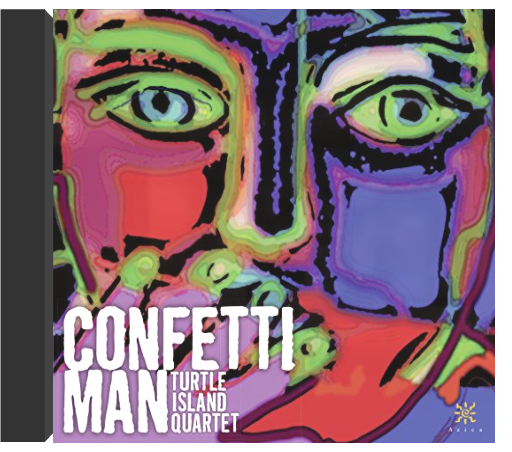 Confetti ManTurtle Island Quartet Confetti ManTurtle Island Quartet The Turtle Island Quartet, known for their innovative recordings, again raises the bar with a project ranging in style from jazz, classical, bluegrass to Indian music. There are classic jazz tunes, a solo cello tour de force, a "cool jazz" tune featuring vocalist Nellie McKay, and many more arrangements offering yet another Turtle Island Quartet masterpiece. 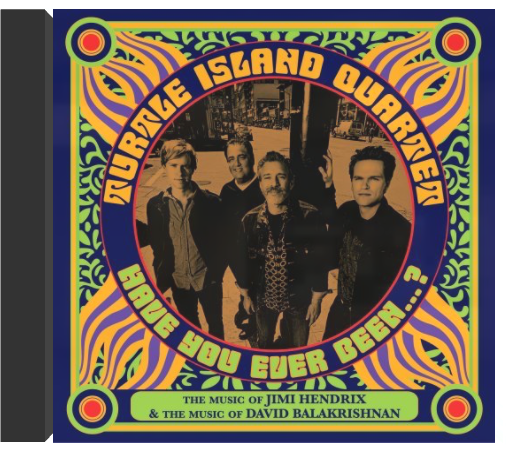 Have You Ever Been...?Turtle Island Quartet Have You Ever Been...?Turtle Island Quartet 2011 GRAMMY NOMINEE: BEST ENGINEERED ALBUM, CLASSICAL |
 Made with Delicious Library
Made with Delicious Library

